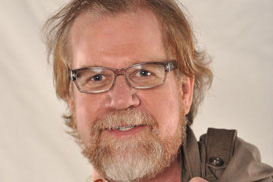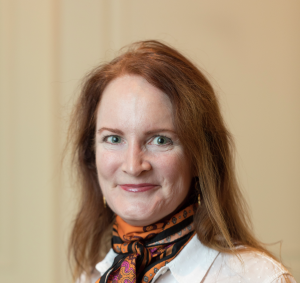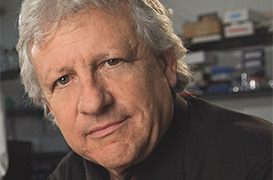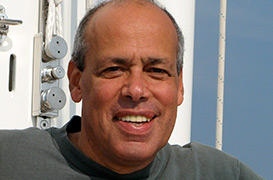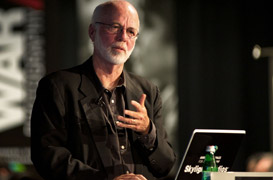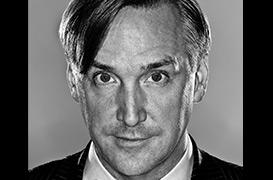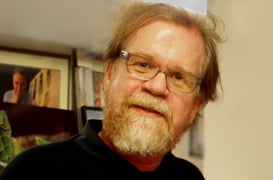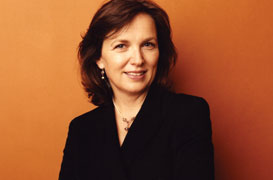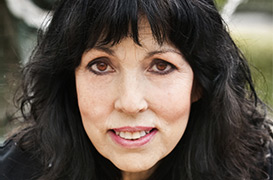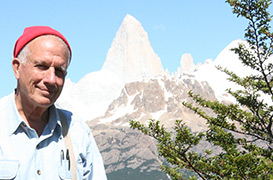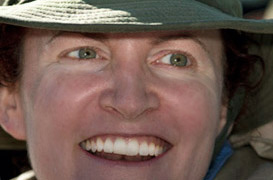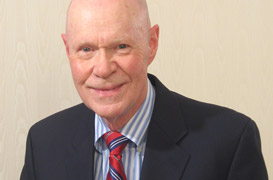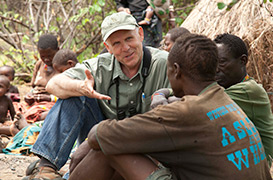Robert W. Wilson is a Senior Scientist at the Smithsonian Astrophysical Observatory of the Harvard Smithsonian Center for Astrophysics in Cambridge Massachusetts. He is technical leader of the Sub-Millimeter Array, an 8 element synthesis radio telescope built by SAO in conjunction with ASIAA near the summit of Mauna Kea, Hawaii.
From 1977 until 1994 Dr. Wilson was Head of the Wireless Technology Research Department (formerly Radio Physics Research Dept.) of Bell Laboratories in Holmdel, N.J. The Wireless Technology Research Department did applied research on wireless access: components and subsystems, new applications of simple inexpensive systems, and design and architectures which support higher levels of integration. In its former incarnation, the Radio Physics Research Department did research on microwave and millimeter-wave semiconductor devices and components as well as radio astronomy at those wavelengths. Dr. Wilson received a B.A. “With Honors in Physics” from Rice University in 1957 and a Ph.D. from the California Institute of Technology in 1962. After a year at the Caltech Owens Valley Radio Observatory as a postdoctoral fellow, he joined Bell Laboratories as a member of technical staff. His early work was in the fields of Galactic radio astronomy and precision measurement of radio source strengths. He is best known for his part in the discovery in 1964 of the 3~K cosmic black body background radiation, thought to have originated in the early stages of the expansion of the universe. In 1970 he and his co-workers extended radio spectroscopy of the interstellar medium to short millimeter wavelengths where they discovered a number of interstellar molecules including Carbon Monoxide. His work in the resulting field of molecular cloud astronomy has been concentrated on the structure of nearby molecular clouds with interpretations based on observations of several molecular species in each region. He has also applied astronomical techniques to the measurement of earth-space propagation for satellite communication at centimeter and infrared wavelengths and made infrared propagation measurements along a terrestrial path. His most recent work at Bell Labs was in wireless communications and optical networking and resulted in a number of patents. He is a co-recipient of the Henry Draper Medal from the U.S. National Academy of Science and the Herschel Medal from the Royal Astronomical Society, London and the 1978 Nobel Prize in Physics. He is a member of the American Astronomical Society, the American Academy of Arts and Sciences, the International Astronomical Union, the International Union of Radio Science, the American Physical Society, the National Academy of Sciences, The American Philosophical Society, and was a member of the 1990 Astronomy and Astrophysics Survey Committee (Bahcall Committee).
